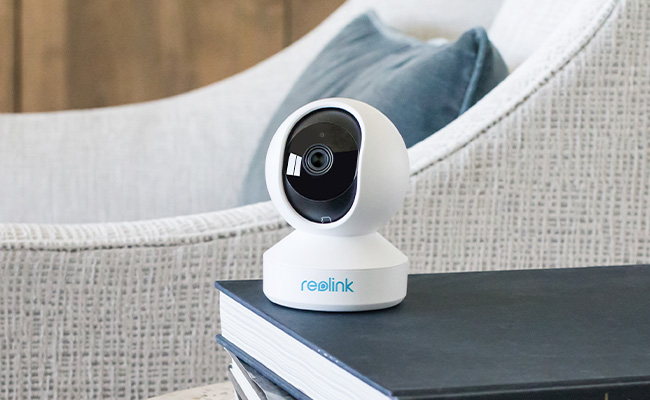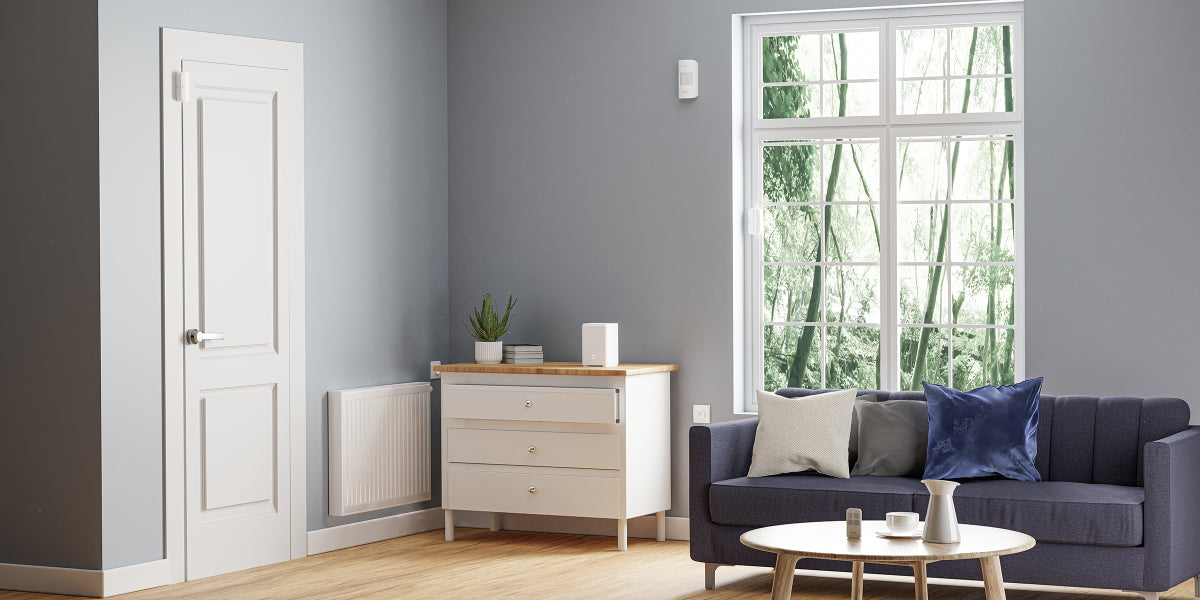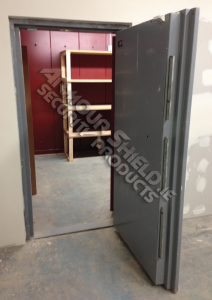
DIY home safety systems are the ideal solution for anyone who wants to save money, while still having more control. They can purchase the system without having to pay for professional installation, and they save on monthly monitoring fees.
It's easy to pick a DIY system for home security, but research and planning are required. Understanding all components is important so you can understand what they each do and how they work.
How to Choose the Right Security System for Your Home
It can be beneficial to have a home security system that can not only prevent burglaries and thefts but also keep your pets and children safe, and give you peace of mind while you are away. These systems are often integrated with other smart home devices, like air conditioners, lights, and thermostats.

How to Install Security System in Your Home
It's important to select a brand you can rely on when you are looking for a new system. The best security systems are those that come with an excellent customer service team, and are manufactured by a reputable company with a proven track record.
Most DIY security systems come with a hub which connects to WiFi services. You can install the hub in any convenient place and connect to your Wi-Fi services by following the instructions.
The hub is not the only component of most systems. They also include sensors and doorbells, which can be installed at different places in your home. These wireless devices will connect to your base station with a simple, wireless connection. You can then place them anywhere and simply plug the station into an electrical outlet.
These systems also allow you to add more sensors and devices over time, so you can grow your system as your family expands or your needs change. You can add smart features such as security cameras or other smart home devices to your security system.

How to choose a DIY home alarm
If you're considering buying a home security system, you should look for one that offers excellent monitoring and is easy to use. It should provide reliable customer support and communicate with your smart home devices such as your doorbell and thermostat.
Also, you should consider how much the equipment will cost and whether or not it is worth installing yourself. Compare prices of different systems.
A warranty should last the lifetime of the product. Also, a system that is good will be able support all your smart devices. These features help you be better informed about the property and can respond more quickly to any emergencies.
FAQ
Can I install my own security camera?
Yes! If you have the necessary knowledge and skills, you can install a house alarm. If you don’t have the skills to do it yourself then you can hire a professional to help you.
Do I really require a home security system?
If you own a home, you definitely need a home security system. The possibility of a burglar entering your house at any time is possible. They can steal anything, including valuable jewelry and expensive electronics. They could even walk off with all your possessions if you don't lock your doors.
A home security system helps protect your home by alerting you whenever something happens. You can view the recorded footage and receive alerts from your mobile device when motion is detected.
A DIY camera is a great alternative to a full-blown home security system. These devices can be used to monitor who is at your front door as well as send you notifications when someone enters or leaves. These devices will not help stop intruders entering your home.
What is the difference in surveillance and security cameras?
Surveillance cameras can be used for surveillance purposes while security cameras can be used for protection.
Each camera has its advantages and disadvantages. Their main differences are the types of images they capture. Surveillance cameras record video with slow motion so that you can view what's happening right now. On the other hand, security cameras only record video and still pictures, which is saved to review later.
What is the most trusted home security system available?
Ring Video Doorbell Pro has been voted the best home security system. It allows you speak and see anyone anywhere, anytime using your smartphone. You can also take video footage and share it by text message or via email with family and friends.
Statistics
- Related questionsHome security systems that are 100% DIY (safewise.com)
- Depending on your insurance, 24/7 professional monitoring may qualify you for as much as 15% off your premium. (safewise.com)
- Unlike other online safety services that charge up to 100 percent of your monthly fee, Cove charges no upfront fees and has no hidden costs.
- Most home security companies will charge you around 75% of the remaining term of your contract if you cancel early—and some require 100%.Related questionsWhat type of contract length can I expect from security providers?Home security system cancellation (safewise.com)
External Links
How To
How to Install A Home Security System
A home alarm system is a device which monitors your home and alerts when there's an activity. It could be a motion detector, doorbell camera or smoke detector. A home security system is usually composed of one or several sensors (e.g. motion detectors), that send signals when there's movement or sound. The signals are then sent over to a control box where they are monitored and recorded. A control panel will alert your phone, tablet or computer if something is wrong. You will be notified immediately and you can take immediate action.
Selecting the right sensors for your home is an important step in installing a home security alarm system. There are two types of sensors available: active and passive. Passive sensors don't require batteries; they just pick up sounds and vibrations from their surroundings. They can be doorbells or sirens as well as buzzers. Active sensors use electricity for data transmission. Examples of such sensors include cameras and motion sensor.
There are many different brands of sensors available today. Each brand has its pros and cons. Some sensors are weatherproof and others aren't. Some come with built-in speakers so you can hear them even if they're outside. Some work only indoors. Others are more complex, while some offer more advanced features like night vision.
After selecting the right sensors for your property and deciding on a manufacturer, you will want to make a selection. This will help ensure that your sensors work well together. You will find many options in your local hardware store.
After you have chosen a brand, you will need to decide how many sensors you wish to purchase. Depending upon whether they live alone or in a group, most people begin with one or two sensors. You may want to consider purchasing more sensors in the future if possible.
Next, you'll need to figure out where you want to place your sensors. Do you want them near windows and doors? Or would you rather have them hidden? Before you place them on your property, make sure that you have permission. They should not be in conflict with any electrical outlets.
Now that you know the exact location of your sensors you will need a connection to your control board. You may need a power adapter, or battery pack depending on the setup. Once everything is in place, you can start to monitor your property.